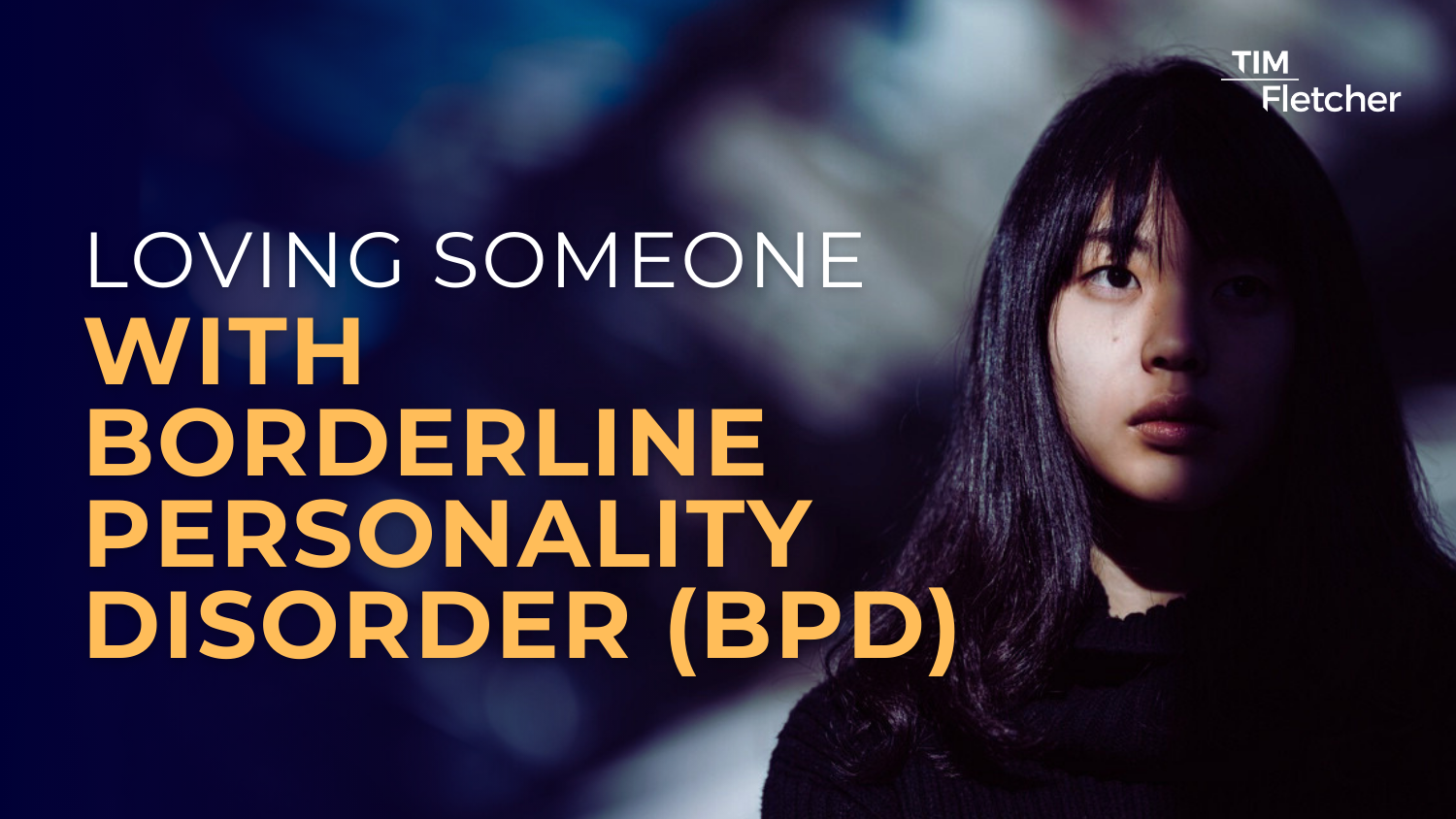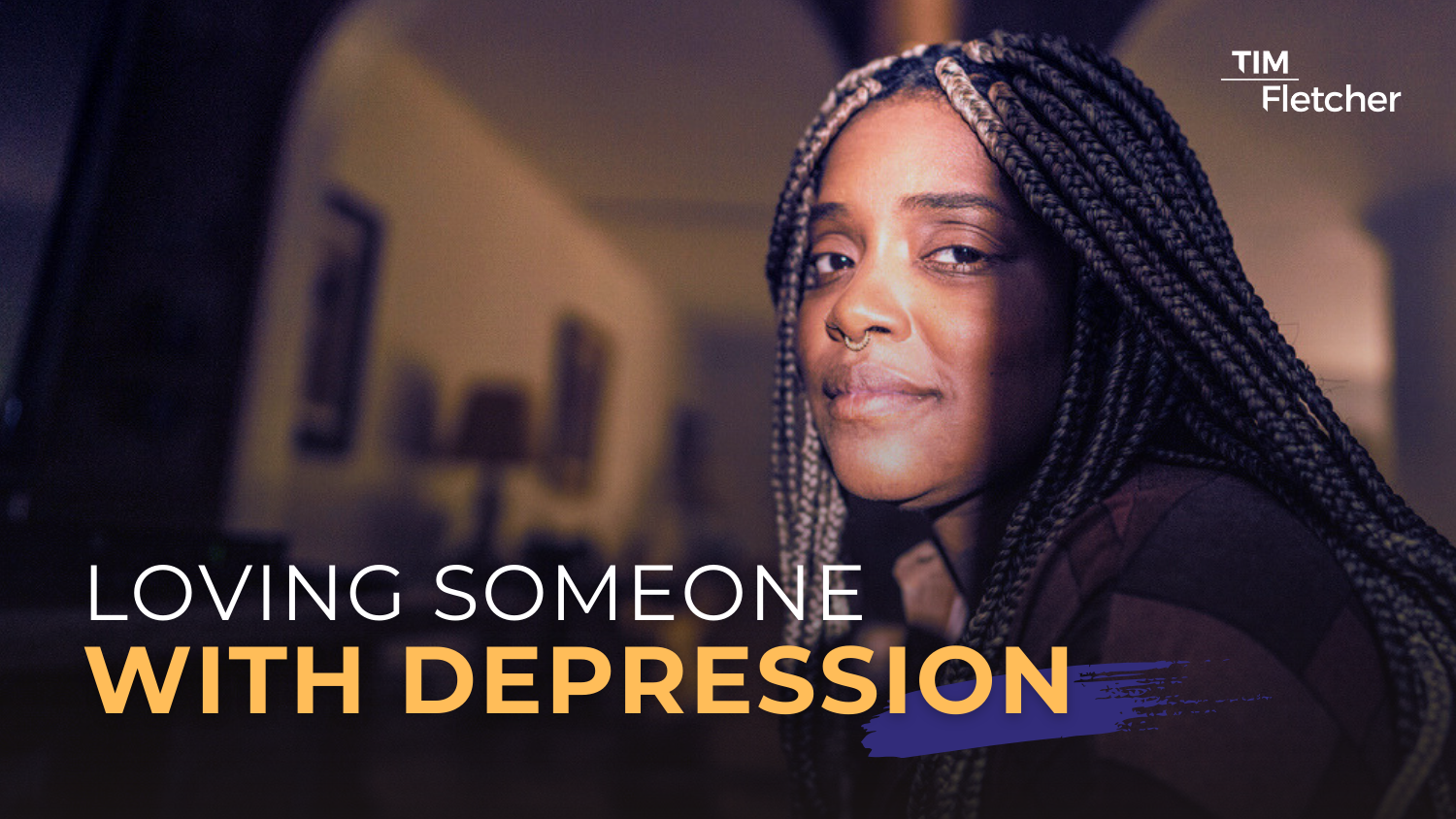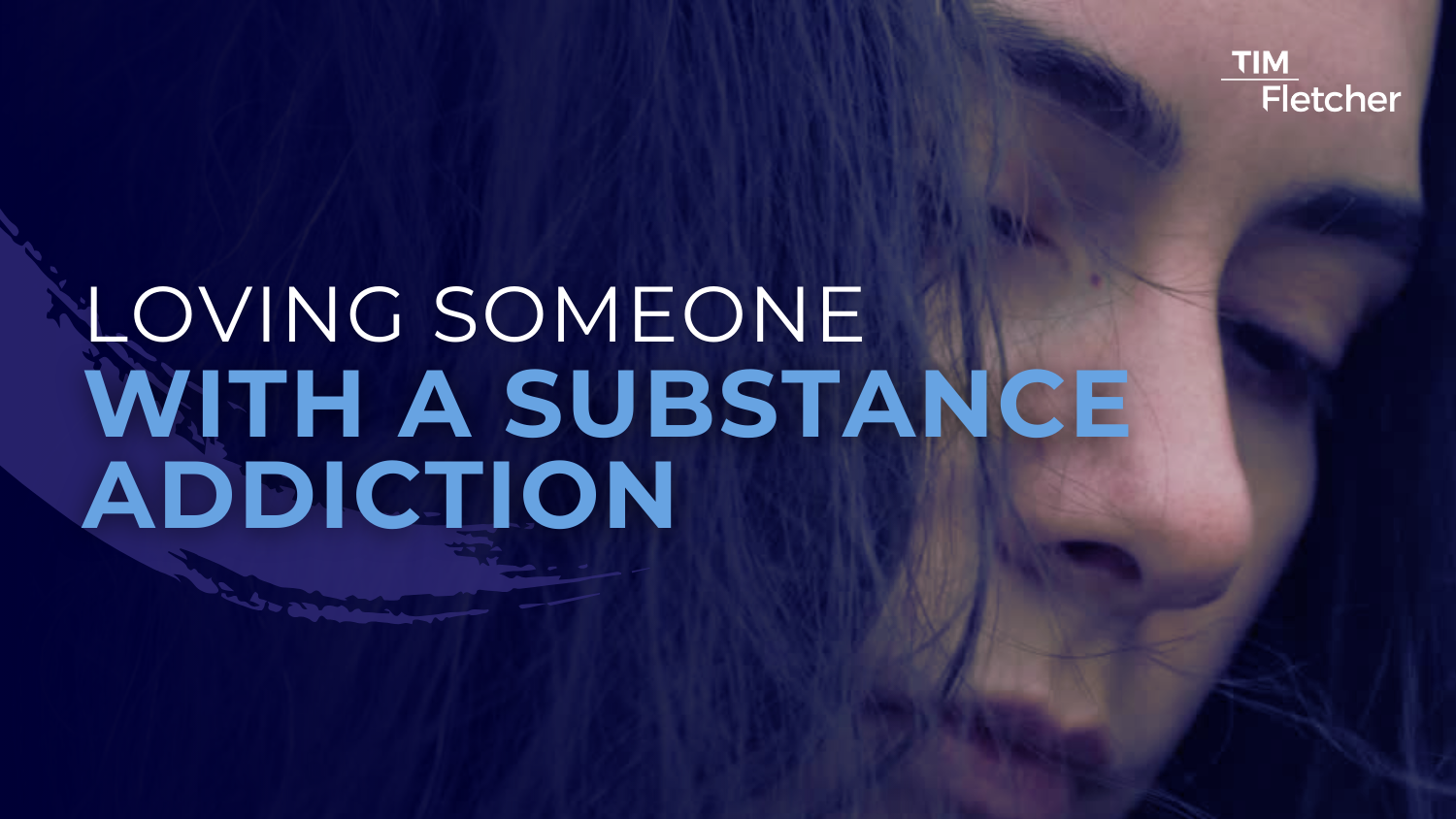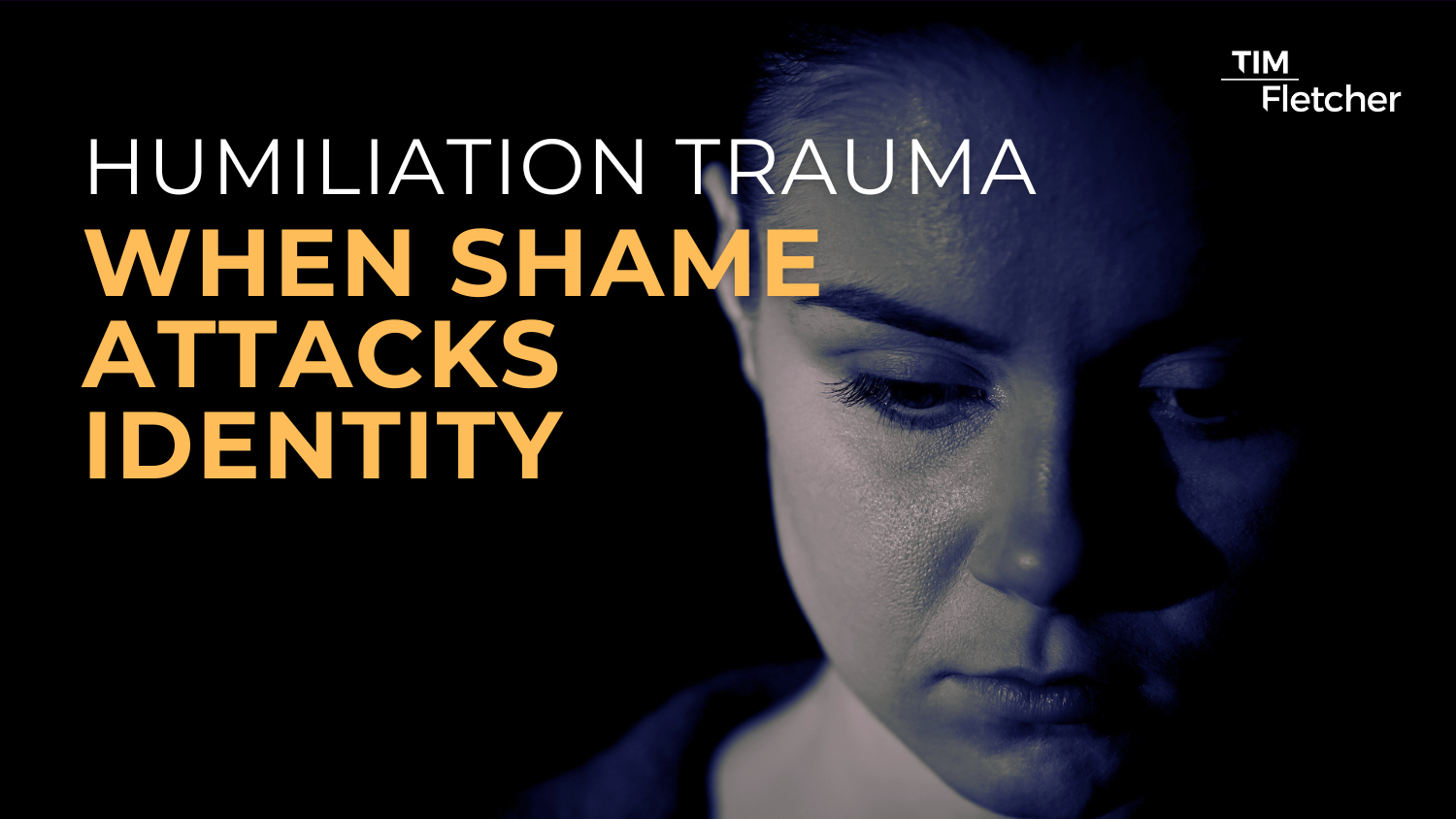The Exhausting Cycle of Complex Trauma and Sleeplessness
"Healing from complex trauma isn't about fighting your mind—it's about learning to trust it again. And sometimes, that trust begins when we're not even awake."
If you've ever found yourself staring at the ceiling at 3 AM, caught in an endless loop of worrying about problems both big and small, you're experiencing one of complex trauma's most frustrating symptoms. Your mind races from financial worries to relationship anxieties to existential fears, all while your body desperately needs rest.
This isn't just ordinary insomnia. For trauma survivors, nighttime often becomes when our nervous systems replay their greatest hits of anxiety. Why? Because in the quiet darkness, our defenses are down, and all the emotions we've pushed aside during the day come rushing to the surface.
Why Trauma Hijacks Our Nights
Complex trauma fundamentally changes our relationship with sleep. When you grew up in unpredictable environments, nighttime might have been when:
- Arguments erupted
- You had to stay alert for danger
- Loneliness felt most acute
- Unresolved tensions from the day haunted you
Your brain learned that night = vulnerability = danger. Now, even in safety, your nervous system stays on high alert when you try to rest. The cortisol that should naturally decrease in the evening remains elevated, tricking your body into believing it needs to stay awake to protect you.
The Science of Sleep Processing
Here's what should happen during healthy sleep:
1. Your brain files away memories, separating important information from daily clutter
2. It softens the emotional intensity of difficult experiences
3. It works creatively on problems you haven't solved
4. It restores and repairs your body and mind
For trauma survivors, this process gets disrupted. Instead of this restorative cycle, you might experience:
- Racing thoughts that prevent sleep
- Waking frequently throughout the night
- Vivid, stressful dreams
- Waking up exhausted despite "enough" hours in bed
The Nightly Journaling Practice That Changes Everything
This simple but profound practice helps rebuild trust between you and your mind:
1. Choose a notebook - Nothing fancy. The back of an old journal works perfectly.
2. Write down one unsolved problem - Not to solve it. Just to name it. For example:
"I'm worried my friend is angry with me because they didn't text back."
"I don't know how I'll pay next month's bills."
"I feel stuck in my healing progress."
3. Break it down (if possible) - Trauma makes problems feel enormous and unsolvable. Try asking:
"What's one small piece of this I could look at tomorrow?"
"What would I tell a friend with this worry?"
4. Close the journal - Literally and metaphorically. Say to yourself: "I'm putting this down for now."
5. Prepare for sleep - Try a calming activity like reading fiction or gentle stretching.
Why This Works
1. Engages your prefrontal cortex - Writing activates your rational brain, counteracting panic
2. Creates psychological closure - The physical act of closing the journal signals safety
3. Harnesses sleep processing - Your subconscious works on problems without conscious effort
4. Rebuilds trust - You practice relying on your mind's natural problem-solving abilities
Possible Transformations You Might Experience
Many people who try this practice may report meaningful shifts in their sleep and emotional wellbeing. While everyone's journey is unique, here are some changes you might notice:
You might wake up one morning realizing, "This problem isn't about my current relationship—it's echoing old fears of abandonment from childhood."
Over time, you could find yourself waking up less frequently at 3 AM, or finally sleeping through the night for the first time in years.
Some people discover that solutions to problems they've wrestled with for weeks suddenly appear clearly upon waking.
You may develop a new relationship with uncertainty, thinking, "I don't have to solve this tonight—my mind will work on it while I rest."
Common Challenges and Solutions
"What if I can't stop thinking about it after writing?"
- Try adding: "I trust my mind will work on this while I rest."
- Use a calming scent on your wrists to engage your senses
"What if I have too many problems to choose just one?"
- Write them all down, then circle the one feeling most urgent
- Remind yourself: "I don't have to solve everything tonight."
"What if I don't get any insights?"
- That's okay! The goal is better sleep and less anxiety
- Insights often come days or weeks later, unexpectedly
Deeper Healing Through This Practice
Over time, this nightly ritual:
- Rewires your nervous system to associate bedtime with safety
- Strengthens your ability to tolerate uncertainty
- Reduces the urgency to "fix" everything immediately
- Builds confidence in your mind's innate wisdom
Your Invitation
Tonight, before bed:
1. Grab any notebook
2. Write one unfinished thought
3. Close it and say: "I'm letting this go for now."
4. Notice what happens over the coming nights
Remember: Healing from complex trauma happens in moments exactly like these—when we choose small, consistent acts of trust in ourselves.
Additional Resources to Support Your Journey
You don’t have to navigate this path alone. Explore these resources designed to support and empower you:
- ALIGN Courses: Practical, self-paced, trauma-informed tools to help you navigate recovery with clarity and confidence.
- Article: Read “The Lifelong Impact of Being an Unwanted Child: How Complex Trauma Shapes Identity, Relationships, and Healing” for actionable insights into overcoming trauma’s long-lasting effects.
LIFT Online Learning is designed for people who’ve tried everything… and still feel stuck.
It’s not about quick fixes. It’s about:
Understanding how trauma reshaped your brain (so you can reshape it back).
Practicing tools that actually work (not just "think positive!").
Healing in a way that sticks—because you deserve more than temporary relief.
The best part? You don’t have to figure it out alone.
Let’s begin—when you’re ready.































